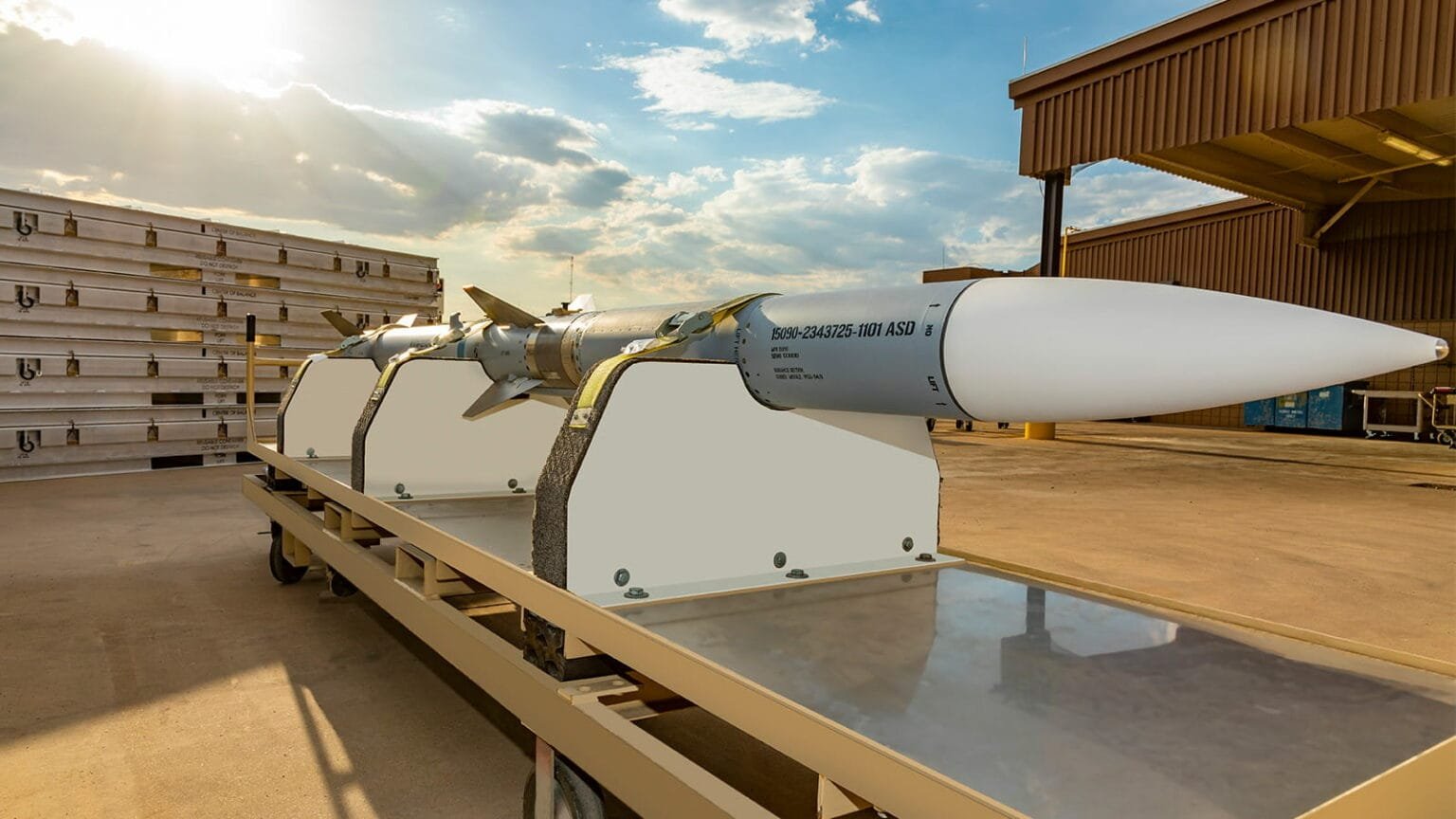The U.S. State Department has approved a proposed $1.23 billion sale of advanced air-to-air missiles and associated equipment to Germany, marking a notable expansion in U.S.–Germany defense cooperation within the NATO alliance.
Under the deal, Germany may acquire up to 400 AIM-120D-3 Advanced Medium-Range Air-to-Air Missiles (AMRAAMs) along with guidance kits, containers, spare parts, training support, technical documentation, software, encryption devices, test vehicles and logistical support. The principal contractor for the sale is RTX Corporation.
According to the Defense Security Cooperation Agency (DSCA), the proposed sale “will improve Germany’s capability to meet current and future threats by providing increased air-to-air capability for the German F-35 program and supporting German and shared NATO planning, training, and operational requirements.” The DSCA also stated that the sale aligns with U.S. foreign policy objectives by strengthening the security of a NATO ally that contributes to regional stability.
However, Congressional approval is still required before the deal can proceed. German Chancellor Friedrich Merz has publicly pledged to take “all necessary measures” to bolster deterrence and counter violations of German airspace, reflecting Berlin’s heightened security concerns amid Russian activity near NATO borders.
The timing of the approval also dovetails with increased demand across Europe for U.S.-made air-to-air munitions: in 2025 alone, several NATO members have been cleared for similar missile purchases to strengthen collective defense posture.
If finalized, the sale would deepen military interoperability between the U.S. and Germany, enhance Germany’s aerial defense capacity, and bolster NATO’s deterrence architecture in Europe — especially given escalating tensions and repeated airspace incursions near alliance territory.





